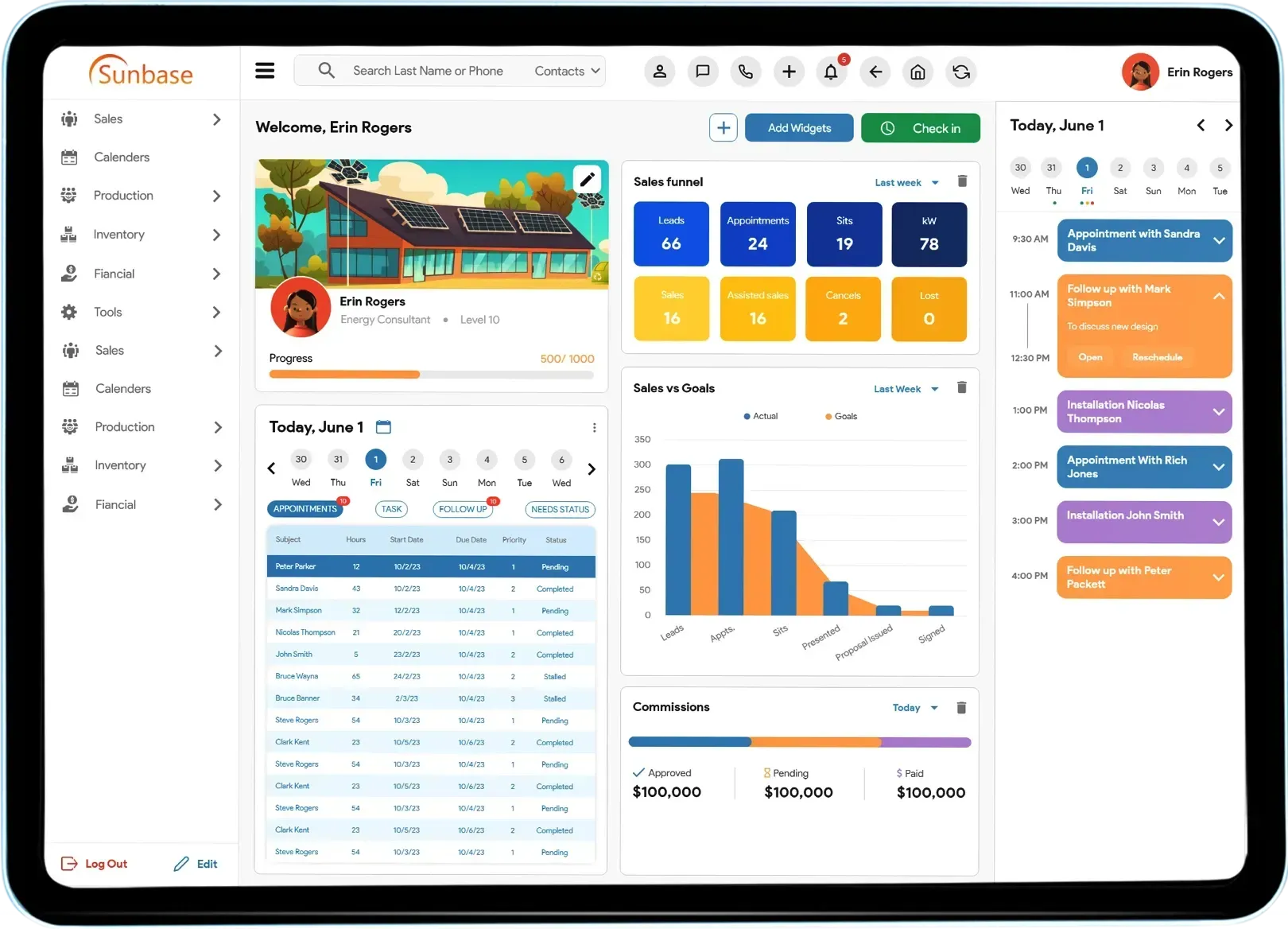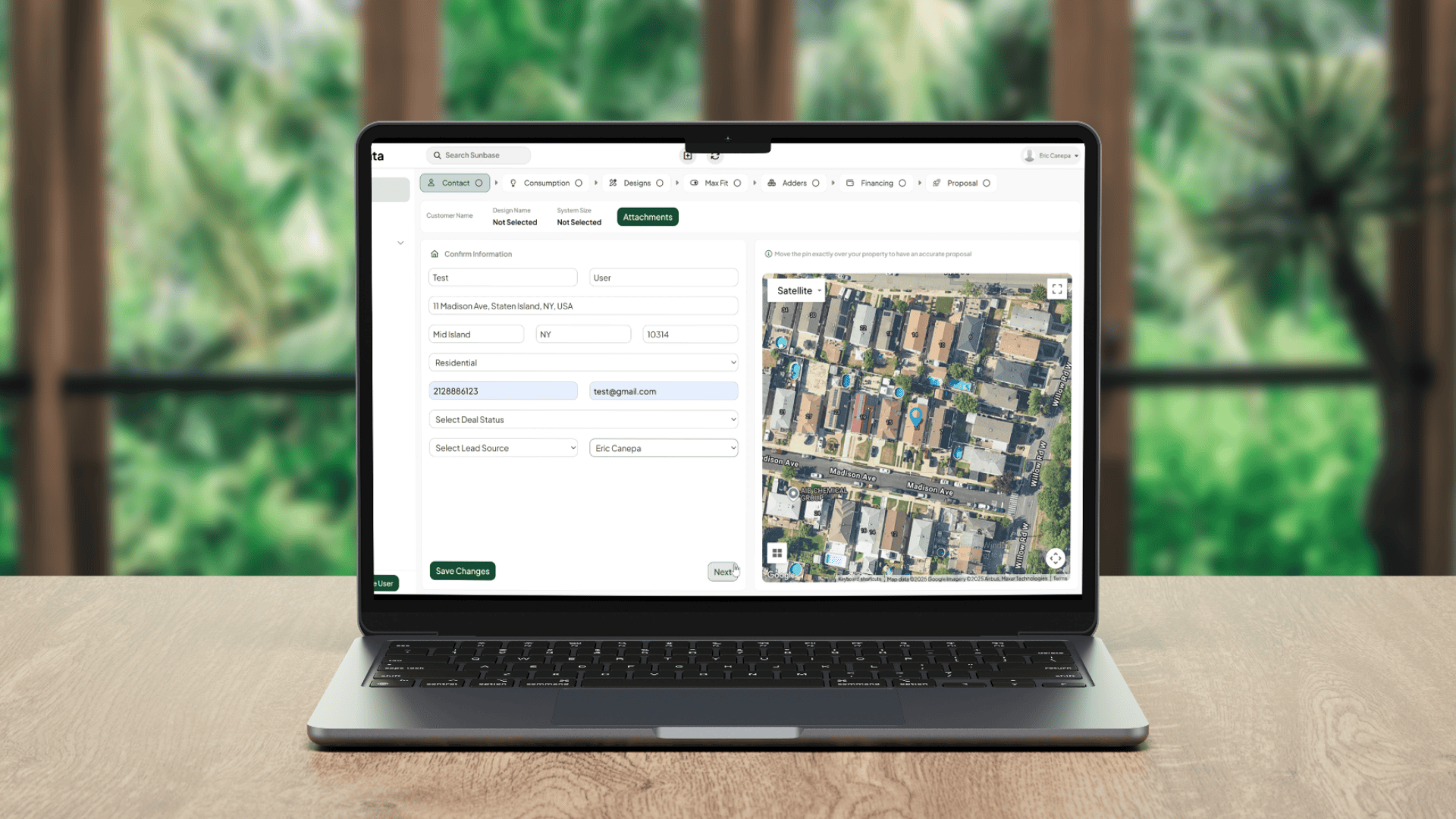May 14, 2024
The solar business is expanding rapidly due to its clean energy potential and lower costs, but rising material and labor costs are posing new challenges to profitability and project development.
According to the Solar Energy Industries Association (SEIA), inflation and supply chain constraints from the global pandemic and trade instability have led to price increases in solar pricing over the past three years. Module oversupply in the fourth quarter of 2023 caused significant declines of 25–35% in total system prices, affecting annual and quarterly prices.
For any individual working in the solar sector, it is essential to know about the effects of inflation. Solar installers, developers, and financiers are among those who are essential to the installation of solar energy in residences and commercial buildings.
In this blog, we will delve into the current inflationary landscape within the solar industry.
What is Inflation?
Before we get into the specific issues that inflation offers to the solar sector, let's get down to the foundations first. "Inflation" refers to a persistent, broad rise in the prices of goods and services across the economy, impacting the purchasing power of both consumers and businesses.

While a small amount of inflation is generally regarded as beneficial to a rising economy, high and constant inflation can be problematic and damaging.
Understanding inflation's wider economic consequences will allow us to evaluate its specific impact on the solar industry in the next section.
Impact of Inflation on the Solar Industry
A rise in inflation is disrupting the formerly stable solar project cost landscape. Here's a closer look at the ways that inflation is affecting the solar industry's various sectors:
1. Increase in material costs for solar panels and equipment
Inflation is causing several installation materials, solar panels, and even the raw materials for solar foundations to become more expensive, which affects both rooftop solar and utility-scale solar projects.
Inflation directly affects the cost of materials used in solar panels and equipment, such as silicon, aluminum, and steel.
The cost of manufacturing solar power equipment increases with rising costs, making it more expensive for solar specialists to purchase the supplies they need for installing solar panels. This may result in increased costs for customers, thereby limiting demand and making solar systems less competitive with fossil fuels.
2. Rising labor costs for installation and maintenance

Inflation also increases labor expenses, as wages and benefits for installation and maintenance staff members rise.
Given that labor expenses account for a significant amount of the total cost of solar installations, this can be especially difficult for solar specialists.
As labor expenses grow, solar specialists may have to adjust their pricing or accept the additional costs, thus limiting their profit margins.
3. Effect on project financing and return on investment
For solar projects, inflation may affect project funding and return on investment (ROI). The cost of borrowing goes up with inflation, which makes financing solar projects more expensive.
Inflation can also impact the ROI on solar systems because it lowers the value of future cash flows. This may make it harder for solar market experts to draw in investors and obtain funding.
4. Increased competition and pricing pressure
Inflation in the solar sector may result in more competition and pricing pressure, causing solar professionals to lower their rates to remain competitive.
This can decrease profit margins. Higher prices may also result in more competition from alternative energy sources, which could lower demand for solar energy.
Strategies for solar professionals to deal with this inflationary climate are covered in the following section.
What strategies can solar professionals use to overcome inflation challenges?
Despite the difficulties due to inflation, the solar business has grown significantly over the past decade, according to research from the Solar Foundation.
The Solar Inflation Reduction Act has accelerated the development of the utility-scale and household solar industries, generating new solar jobs and advancing the energy transition to sustainable energy.
Solar professionals may manage the current inflationary environment by using strategic planning such as:
1. Diversify and expand product and service offerings
Solar professionals may tackle inflation by broadening their product and service offerings, such as energy efficiency solutions, energy storage systems, and electric vehicle charging stations.
Because of their increased client base and less reliance on a particular product, their diversification helps to mitigate the negative effects of inflation on their firm.
2. Invest in energy efficiency and storage solutions

Investing in energy efficiency and storage solutions can help solar experts save expenses and become more competitive. Energy storage devices, such as batteries, lessen dependency on the grid while energy-efficient appliances and lighting conserve electricity.
These technologies create new revenue streams while assisting clients in lowering their energy expenses and carbon footprint.
3. Implement cost-saving technologies
To cut expenses and boost productivity, solar professionals can use cost-saving technologies like sophisticated monitoring systems and automated installation tools. These technologies can lower labor costs, accelerate the installation process, and enhance system functionality.
Despite inflation, solar experts can lower their costs and boost their competitiveness by using these solutions.
4. Build strong relationships with suppliers and partners
Developing trusting bonds with partners and suppliers might help solar experts overcome inflationary pressures. Solar specialists who cultivate tight connections with suppliers can negotiate lower pricing, ensure reliable supply chains, and gain access to innovative goods and technology.
In the same way, solar professionals can combine resources, cut expenses, and open up new markets through collaboration with other companies.
5. Focus on customer education and awareness

Educating customers on the advantages of solar energy and the need for energy independence can assist solar professionals in establishing a loyal customer base and increasing demand for their services.
Solar professionals can draw clients who are prepared to invest in renewable energy solutions despite inflation by emphasizing the long-term financial savings and environmental advantages of solar energy.
6. Develop flexible pricing and financing options
Creating flexible pricing and financing alternatives might help solar professionals attract clients who may be put off by heavy upfront prices.
They may help a wider range of clients by offering financing solutions like loans or power purchase agreements, which make solar energy more accessible and cheap. This could boost demand and minimize the effect of inflation on the company.
7. Invest in marketing
Investing in marketing can help solar professionals increase brand awareness, acquire new customers, and set themselves apart from the competition.
They can connect with new audiences, establish reputation and trust, and boost demand for their services through strategically focused marketing campaigns.
8. Consider alternative business models
Finally, to expand their customer base and boost earnings, solar developers should think about other business models like solar leasing or residential solar programs.
Solar professionals can prosper despite inflation by staying ahead of the competition and providing cutting-edge solutions that satisfy the changing needs of clients. Solar professionals who can develop and adjust to the changing needs of the clean energy industry will be competent for growth over the years to come.
Solar experts may contribute to quickening the energy transition and securing a sustainable future for future generations by leveraging this momentum.
How can Sunbase software help solar professionals successfully navigate inflation challenges?

Inflation is prevalent in the solar business. Increasing labor and material prices may exert pressure on profit margins and complicate project pricing.
For solar experts navigating this inflationary environment, Sunbase software can be a useful tool. Here's how:
1. Improved cost estimating and quoting
While preparing quotes, Sunbase can assist you in accounting for current labor and material costs.
You may generate precise project expenditure breakdowns with its comprehensive financial management tools, enabling you to charge your services profitably and competitively.
2. Streamlined workflow for faster sales cycles
Sunbase's all-in-one platform automates tasks such as proposal generation and project design. You can focus on closing sales more quickly as a result of spending less time on administrative work. Faster sales cycles offer a greater resistance to future cost increases.
3. Data-driven decision making
Sunbase offers data analysis on solar projects, which can assist you in locating areas where costs can be minimized.
To minimize the effects of inflation, you might use this data to investigate substitute materials or negotiate for better prices from suppliers.
4. Enhanced customer communication
Sunbase enables you to provide proposals that include detailed cost breakdowns and possible solar energy savings. Customers who may be worried about growing expenses will find that this transparency fosters trust.
In a nutshell
The solar business is susceptible to inflation, which can affect project financing, labor, and material costs.
Solar professionals can overcome obstacles by broadening the range of products they offer, making investments in energy efficiency, cultivating a customer base, placing a high value on customer education, offering flexible payment options, promoting services, and taking into account alternate business models.
Future generations can benefit from a sustainable future that is accelerated by this flexible and innovative energy transition.
About Sunbase
Take your solar company to the next level with the help of Sunbase's software tools! Our comprehensive solution includes Solar Project Management Software, Solar CRM, Solar Proposal Software, Solar Design Software, and many more.
Are you prepared to discover how our tools can help your company? Make an appointment or schedule a demo with us today to experience the Sunbase difference.
FAQ
1. How can solar professionals reduce material costs in an inflationary environment?
To lower material prices, solar experts can negotiate with suppliers, take into account substitute products or materials, and implement cost-saving innovations into practice.
2. How can solar professionals manage labor costs in an inflationary environment?
Solar professionals should engage in training and development programs, design efficient installation processes, and explore outsourcing or subcontracting work, to manage labor expenses.
3. How can Sunbase software help solar professionals manage inflation-related challenges?
Sunbase software offers features like cost tracking, project management, and customer communication to help overcome the effects of inflation. It also gives solar professionals the ability to control labor expenses, material costs, and project financing.
I agree to receive marketing messaging from Sunbase at the phone number provided above. I understand data rates will apply, and can reply STOP to OPT OUT.











